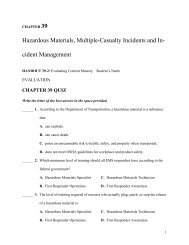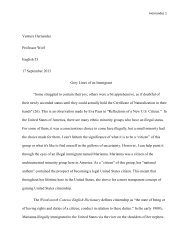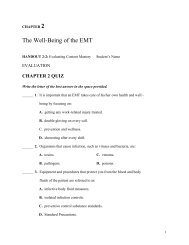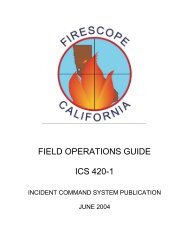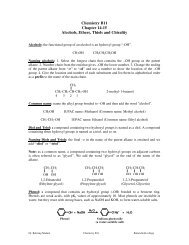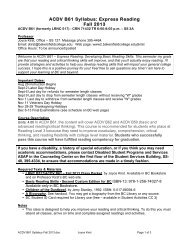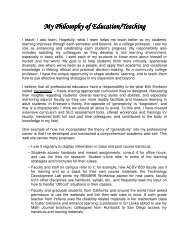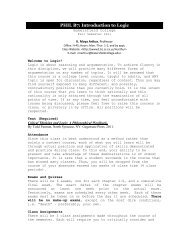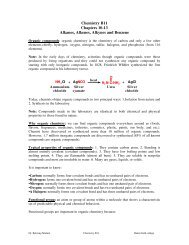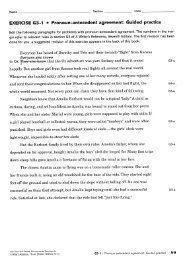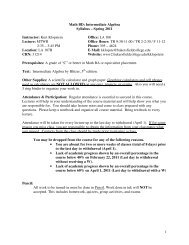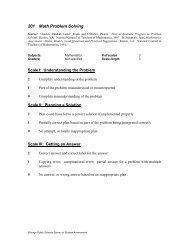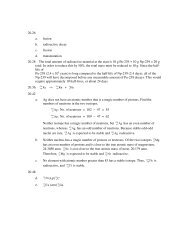ASL 1 Class Packet - Bakersfield College
ASL 1 Class Packet - Bakersfield College
ASL 1 Class Packet - Bakersfield College
You also want an ePaper? Increase the reach of your titles
YUMPU automatically turns print PDFs into web optimized ePapers that Google loves.
inability to hear makes it very difficult to modulate one’s voice and to pronounce<br />
words correctly; however, almost all Deaf people possess the power of speech.<br />
Rarely is a Deaf person actually “mute,” though many choose not to speak.<br />
7. Deaf World: This is a somewhat antiquated term, the way in which Deaf people<br />
used to refer to their collective experience: no telephones, residential schools, menial<br />
jobs, Deaf spouses, etc. Typically we now refer to the collective experience of North<br />
American Deaf people (and Deaf people from around the world) as Deaf Culture.<br />
8. death: For reasons that are a mystery to me, many students refer to Deaf people as<br />
“death.” While sometimes humorous (“I see deaf people. . . .”) it can be offensive<br />
and make you look ignorant—which you are not. When people ask me if I work<br />
with “the death,” I reply, “Yeth.”<br />
9. facial expressions: Facial expressions are emotive and universal. In every culture<br />
the same facial expressions means, “OW! I just hit my thumb with a hammer,” or<br />
“Gee, I love you.” People who don’t understand sign language often confuse <strong>ASL</strong>’s<br />
non-manual grammar with emotive facial expressions, leading them to conclude<br />
that “<strong>ASL</strong> is SO expressive!”<br />
10. gesture: The use of movement to convey a message; more purposeful than body<br />
language, but not a language governed by a grammar. One uses basic invented<br />
gestures to play that party game Charades. Someone who is skilled at gesture—like a<br />
certified deaf interpreter—can communicate quite effectively with individuals who<br />
have little expressive or receptive language.<br />
11. hearing: This is the term applied to people who have no hearing loss. Most of the<br />
students who take my class are hearing. Do not refer to hearing people as “speaking.”<br />
All too often people confuse the ability to speak with the ability to think or reason;<br />
on the contrary, if you listen talk radio, you will quickly learn that there is no<br />
10



